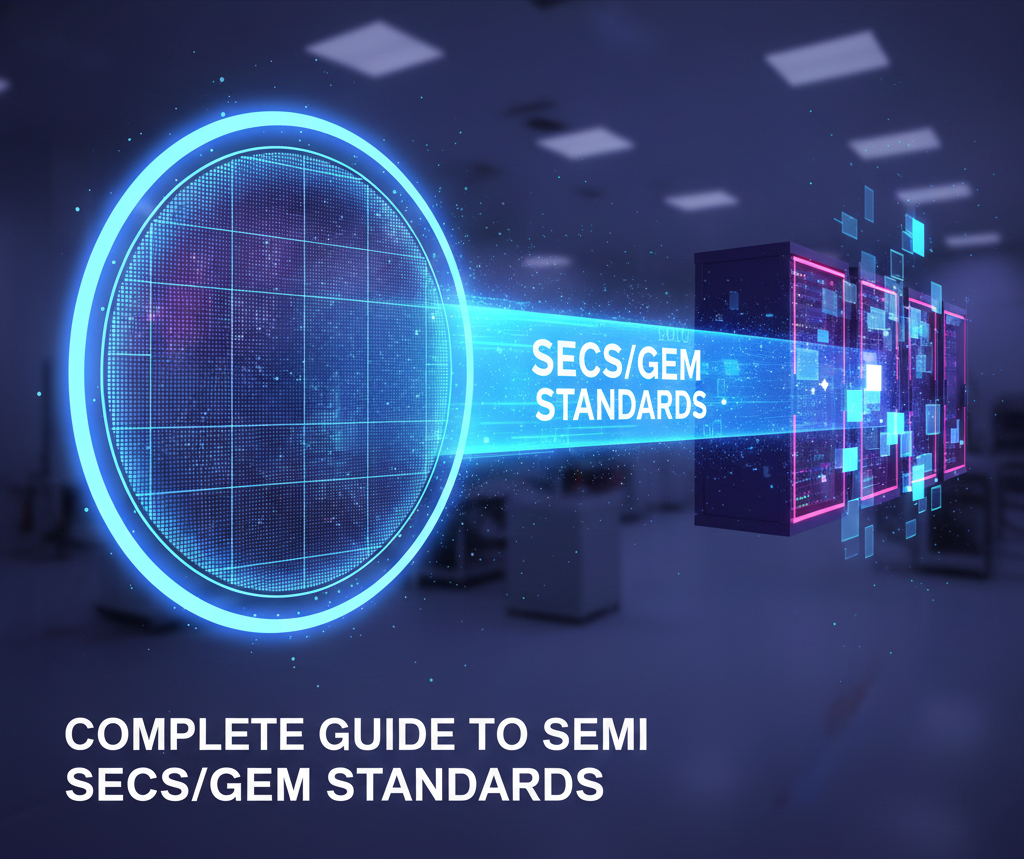SEMI Standards are voluntary technical agreements between customers and suppliers, designed to enhance product quality, reliability, and affordability. They ensure the interoperability and compatibility of goods and services across industries. SEMI standards, published in the 16-volume SEMI International Standards set, include guidelines, specifications, and practices that cover a wide range of semiconductor manufacturing and photovoltaic processes.
These standards address key areas such as equipment automation (hardware and software), 3D-IC, high-brightness LEDs, materials, packaging, traceability, and flat-panel displays. SEMI, a global industry association, supports the manufacturing supply chain in the semiconductor, photovoltaics (PV), electronics, and high-tech industries through the continuous evolution of SEMI Standards, fostering innovation and operational efficiency.


